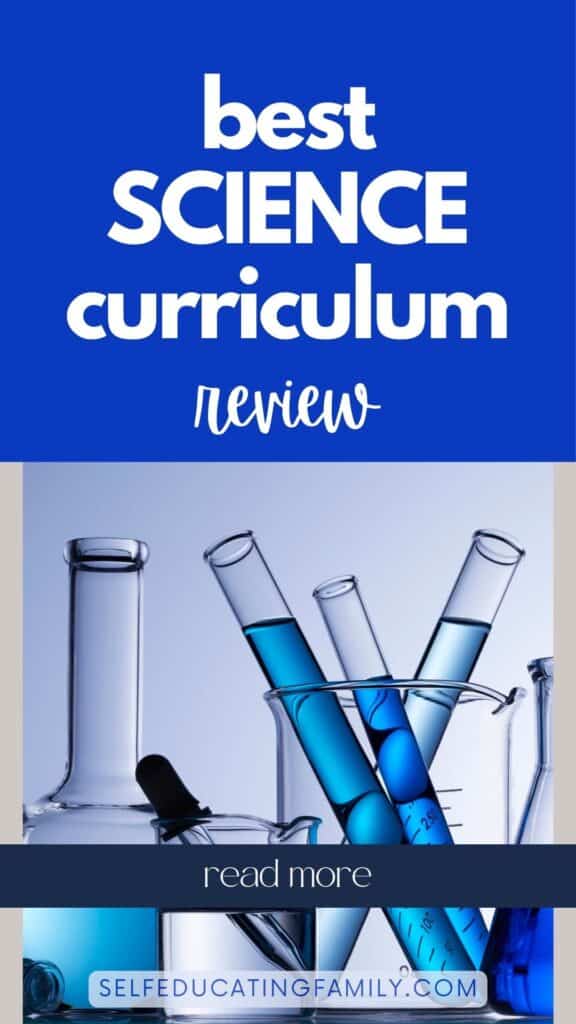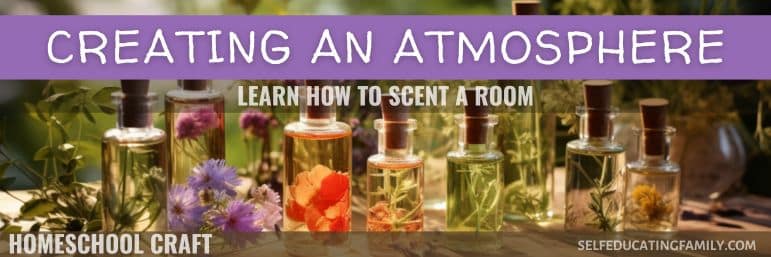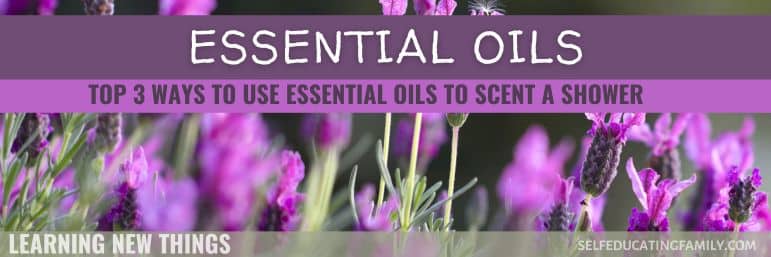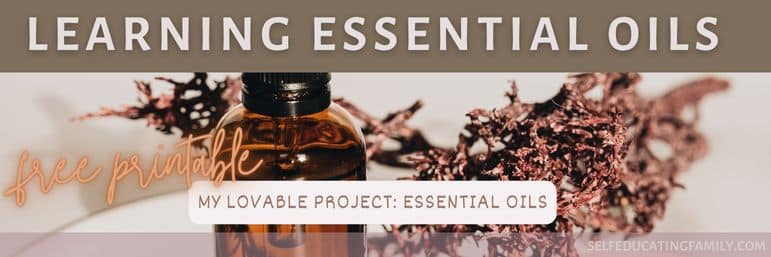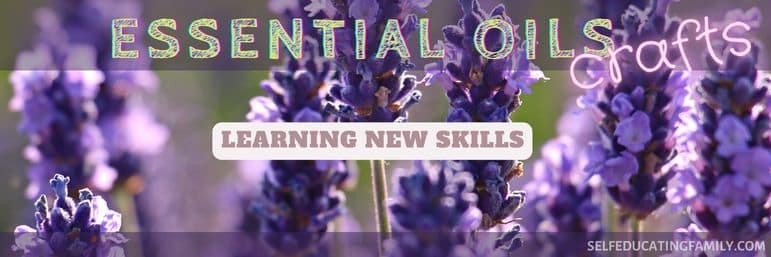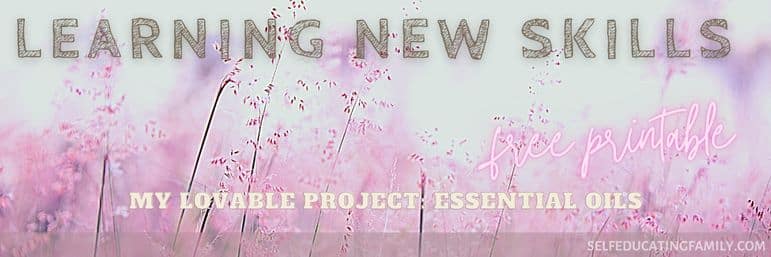What’s inside: My biased review of the best science curriculum for homeschool. We look at Middle and High School choices.
This post may contain affiliate links. If you find my content valuable and make a purchase through one of my links, I will earn a commission at no cost to you, which helps me keep this blog going so I can help you even more! I recommend products I trust and/or use myself, and all opinions I express are my own. Read the full disclaimer here.
Best Science Homeschool Curriculum
I’m warning you right now, this is a completely biased review of what we liked about the science curricula that we have tried.
Background
We discovered Charlotte Mason style homeschooling when my twins were in 2nd grade, mostly due to the fact that one of them rejected subtraction as a concept. I know that’s math and not science, but it led us to short lessons – a keystone of Charlotte Mason methods.
As we began to explore idea and curriculum based on those methods, we found Ambleside Online**, a free online complete curriculum which was lovely for history, literature, Shakespeare, Poetry – all of the “liberal arts” side of education. But at the time we started homeschooling, they didn’t have much for science except some great books to read, like Madam How and Lady Why.
** Ambleside has since overhauled their science recommendations, but alas, it was too late for us.
With my engineering background, I found science & math to be engaging and fun. Plus my hubby is an engineer too. I suspected that our kids might be inclined that way too. And my hubby wanted a rigorous science curriculum. Sorry, but simply doing nature study and reading provocative books was not going to be enough by the time high school rolled around. I agree, it’s a powerful start, but we thought it needed a bit more.
Incidentally, it probably is enough for young elementary ages as long as you explode a few baking soda & vinegar volcanoes, break open some geodes or owl pellets, and other hands-on fun that is nature study related.
By rigorous, we were looking for real science with scientific notebooks and experimentation. Enough to lay a solid foundation if they ever wanted to pursue science as a career. And rigorous enough to pass a few high school CLEPs or AP courses.
High School
When kids hit high school, if they are headed for college, they need a solid background in science.
That’s our opinion – remember we come from science and math backgrounds. Every family is different but this is what was true for our family!
So the plan for science in high school was to follow typical college tracking courses: Earth Science in 7-8th grades, Biology in 9th, Chemistry in 10th, Physics in 11th, then AP course in something.
What we tried
We used a lot of Apologia starting in early middle school and younger with the Exploring Creation Series: Astronomy, Anatomy & Physiology, Land Creatures of the 6th Day, Marine Biology Swimming Creatures…
Some of those last titles are now called Zoology.
Earth Science
The boys all took earth science in 7th or 8th grade. We used the Apologia materials. Which have changed a bit. They now have Earth Science (now called General Science) and Physical Science for middle school. I’m pretty sure these were based on the texts we used.
The older boys tested for the CLEP in Natural Sciences. They both passed and it was a complete waste of effort because no college gives you any equivalent course work. It did help them understand how to take a CLEP. You’ll have to read more of the story about which CLEP you should take if you are interested in saving money on college costs.
Biology
In 9th grade, I ran a science co-op with Exploring Creation with Biology. The kids did the readings and prep work, then we got together and I helped while they did the labs. There are beautiful kits that accompany the course to do the labs with. A key thing kids remember about biology is the dissection of specimens, so the kits are vital for learning.
None of the boys attempted the CLEP in Biology. There is a LOT of memorization of terms, and none of my guys were interested in a medical career or alternative medical career.
A word on Evolution
Evolution theory is most prevalent in Biology as a subject. It is NOT treated like a theory in most curricula.
It is very difficult to get any science curriculum without the underlying assumption of evolution. The Apologia series addresses it, but offers support for other “theories” like creationism.
At this point in a child’s mental growth, typically they are ready to hear opposing arguments. Critical thinking needs to be nurtured. That’s why it’s a good idea to teach logic also, like the Bluedorn series The Fallacy Detective or the Uncle .
If your child goes to college, they will inevitably be inundated with ideas that are probably not in line with what your family thinks. Best if they know how to reason it out and how to spot where the argument is.
But as I always say, you have to make it work for your family.
Chemistry
For Chemistry, the older boys took the Ron Paul Curriculum Chemistry course which includes and uses its own text book. The course was extremely thorough. I had my hubby check out the course because one of his undergraduate degrees was in Chemical Engineering. He thought the course content was solid. And both boys passed the Chemistry CLEP with flying colors. It was a rigorous course.
We also added a wonderful Chemistry lab course, Illustrated Guide to Home Chemistry Experiments: All Lab, No Lecture, since we had inherited a chemistry set from another homeschooling family, and it’s fun to blow things up in a controlled chemistry experimentation set.
But my guys had been doing science experimentation for years – in 5th and 6th grades, we used Chemistry Experiments for Children, which is all hands-on and grouped by natural relations like air, water, crystals, fire, and more. We found it a good book which was systematic, but could easily be used with Charlotte Mason methods. Don’t be put off by its old-fashioned look! Yes, it was written in 1968, but the experiments are solid and very easy to follow.
One of the supplemental books for Chemistry we adored was Elements. And we got the boxed card set with each element on a separate card. You can build a giant Periodic table on the floor with these. Lots of games to make up. And the cards are so gorgeously illustrated! A complete hit in our house.
Physics
Physics is just plain fun. So much to learn and do. We used a lot of Thames and Kosmos kits for hands-on learning up through middle school.
In 11th grade, we used the DIVE online curriculum. Superb lessons. And while I think hands-on is better, there is some value in watching an experiment. The value there is that the experiment is done correctly. Sometimes when you do a lab, you don’t know what exactly is supposed to happen, so the feedback is good.
I didn’t want an integrated Chemistry and Physics so we used the course for Physics with Saxon Text book. It’s self-paced and the kids do labs with a lab kit. Incidentally, that’s Saxon’s Physics First edition. Despite being older, the physics is still correct.
Then I had the boys do a self-paced prep course for the Physics AP test. One son loved Physics and Math and so went on the to Physics with Calculus in 12th grade, along with that AP test.
My younger son liked in-person classes better, so he got his Physics for college credit through dual enrollment classes.
What we never tried, but would have if it were available then
I would have tried some of the No Sweat Nature Study by Our Journey Westward if it were available during the younger years. In fact, Cindy is an excellent resource, especially for the younger years.
Trisha at Juice Box Homeschooling also has good insights for younger kids and science.
What we liked
We liked Apologia. We liked hands-on work the best.
I liked all the choices we made. We rarely found a science curriculum we didn’t enjoy.
In high school, we enjoyed getting college credit when we could for work we were going to complete anyway during those years.
What we recommend
Totally recommend without hesitation the Apologia Science series. Basically anything in this post, we recommend.
The biggest recommendation I have is to keep curiosity going for your kids. The wonder in nature study is also in a lot of these more detailed science courses. Keep an eye on your kid to make sure the recording of science isn’t becoming a burden.
Though, as they get to college credits, they will have to write down their observations in very specific ways. My guys did not always enjoy writing lab reports. But for the credit they wanted — like the dual enrollment classes — they did it.
Remember, older students are much more independent in how they approach learning because they are becoming self-learners.
The thing I helped my youngest son with the most as he got to the advanced classes was teaching him to proofread his lab reports. (He’s dyslexic.)
So be ready to help where needed, but you don’t have to do it all yourself by any means.
Can you teach these?
You’ll notice that I said I have an engineering degree. This means that I took all of these college level subjects and more. So you might think that’s an advantage. Only somewhat – I forgot much of it by the time the kids needed it! I think that my enthusiasm for the subjects was very important.
You can learn (or relearn, in my case) along with them. Try to find the wonder in science. It is pretty amazing.
And you’ll also notice I outsourced a good bit of science in the upper grades. Yes, I was there to help with the labs. You don’t want them exploding in the garage unsupervised, after all. But high school has a lot of independence.
You can do this! Choosing curriculum can be fun.
